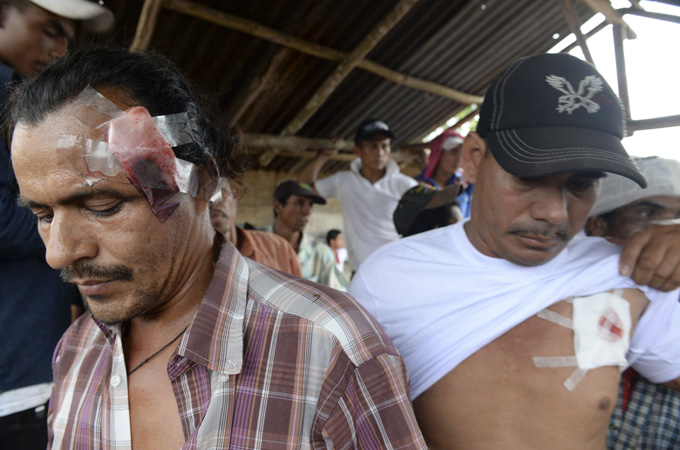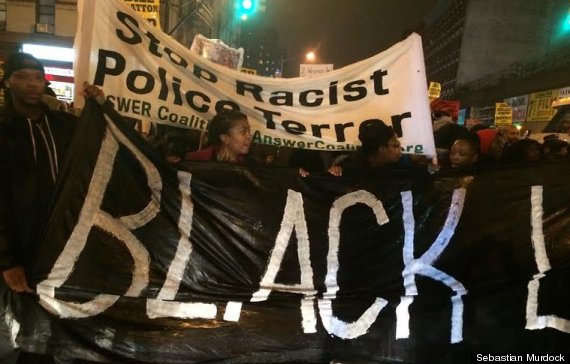by Mridula Tirumalasetti
Impunity Watch Reporter
SAN SALVADOR, El Salvador –A truce among some of the most powerful street gangs fell apart in 2014 due to escalating turf wars between the gangs themselves. El Salvador’s police chief Mauricio Ramirez Landaverde said “The groups which had opted last year to decrease (homicides) are doing the opposite this year. This is the main reason.” As a result, homicides in El Salvador skyrocketed by 56 percent.
The Mara Salvatrucha (MS-13) and its rival, the Barrio 18 made a pact which took effect in March 2012. The two gangs held this truce which helped lower the murder rate in 2013 to approximately five murders a day. This was a 10-year low for El Salvador. However, within the first few months of 2014, the murder rate grew once again to about 8.9 killings each day. The government has placed the blame on Barrio 18 for breaking the truce.
The National Civil Police stated the total number of homicides in 2014 was 3,875 homicides, which averages to about 12 homicides per day. This number is a substantial increase from the number of homicides in 2013, which was 2,490.

The gang situation in El Salvador makes it one of the world’s most violent nations. “One in three children had been directly threatened with death if they didn’t join the gang…One in five had quit school out of fear, and one in 10 is a prisoner in their own home, too scared to go out day or night,” explained Elizabeth Kennedy, a researcher who has interviewed many children who have been deported back to El Salvador from Mexico. The children were trying to reach the United States in an effort to escape El Salvadorian gang violence. “Deporting children back into these harmful situations is a violation of international law,” Kennedy added. Jeanne Rikkers, who is a youth violence prevention expert and works for the human rights organization, Fespad agreed, “Children are living in a constantly violent atmosphere. They don’t feel secure, physically or economically, and they don’t feel protected by state institutions.”
For more information, please see:
The New York Times—El Salvador: Murder Rate Soars—30 December 2014
Reuters—El Salvador homicides jump 56 percent as gang truce unravels—30 December 2014
The Guardian—Gang violence in El Salvador fuelling country’s child migration crisis—18 November 2014
The Huffington Post—Truce With Mara Street Gang Hasn’t Worked In El Salvador–08 April 2014


